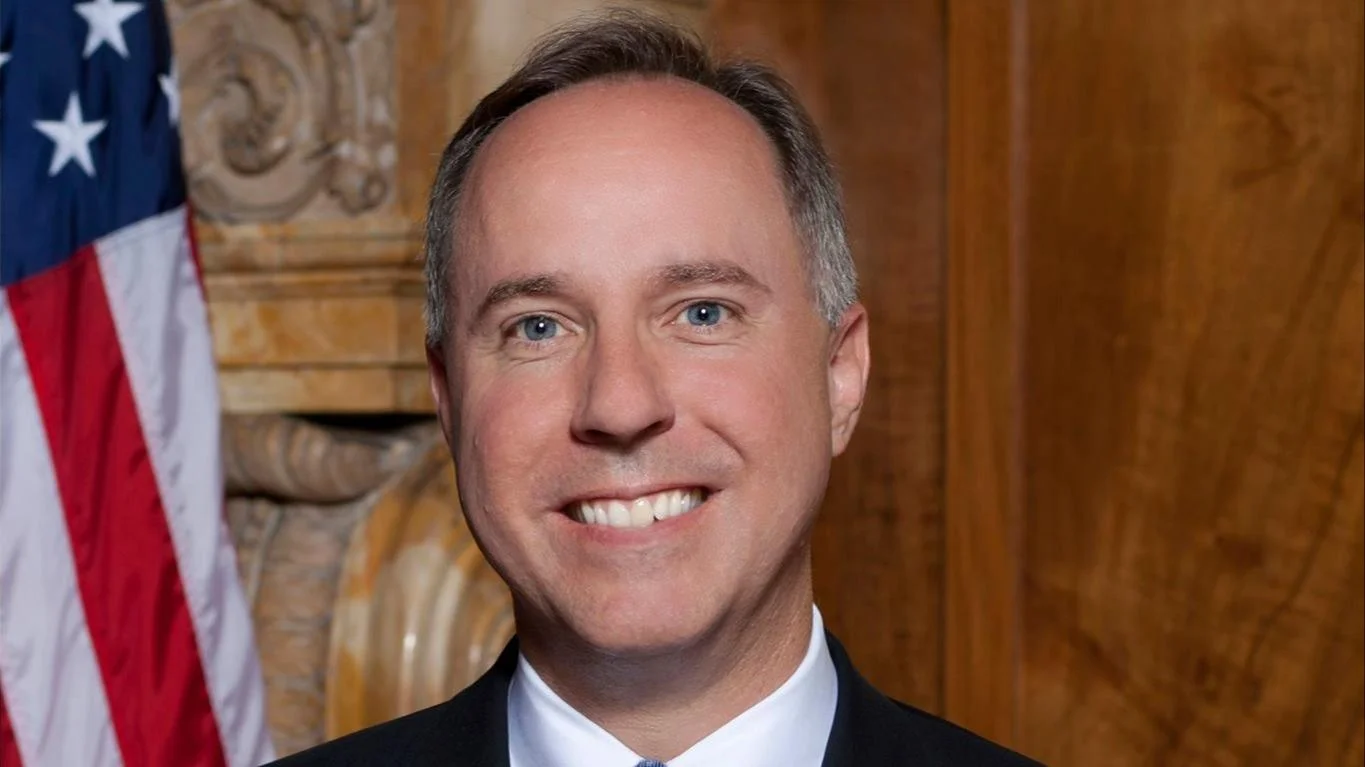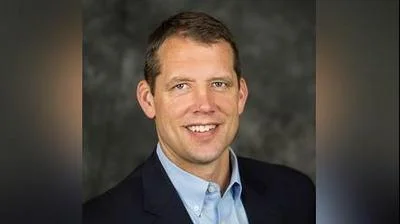Robin Vos, Wisconsin State Representative of 33rd District | Facebook
Robin Vos, Wisconsin State Representative of 33rd District | Facebook
According to the Wisconsin State Legislature's official website, the bill was described as follows: "prohibiting gender transition medical intervention for individuals under 18 years of age".
The following is our breakdown, based on the actual bill text, and may include interpretation to clarify its provisions.
In essence, this bill prohibits gender transition medical interventions for individuals under 18, including surgeries and hormone treatments aimed at changing a minor's body to align with a gender different from their biological sex. Exemptions are allowed for minors with verified genetic disorders affecting sex development, medical issues resulting from previous gender transition procedures, or conditions that pose imminent risks to life or major bodily function. Violations will lead to the revocation of medical licenses or certifications by relevant boards, which are mandated to investigate such allegations. The bill includes a six-month delayed effectivity to permit the proper cessation of ongoing treatments for affected minors.
The bill was co-authored by Senator Cory Tomczyk (Republican-29th District), Representative Elijah R. Behnke (Republican-6th District), Representative Lindee Rae Brill (Republican-27th District), Representative Robert Brooks (Republican-59th District), Representative Calvin T. Callahan (Republican-35th District). It was co-sponsored by Senator Chris Kapenga (Republican-33rd District), Senator Steve L. Nass (Republican-11th District), and Senator Romaine Robert Quinn (Republican-25th District), along 20 other co-sponsors.
Robin Vos has authored or co-authored another six bills since the beginning of the 2025 session, with none of them being enacted.
Vos graduated from the University of Wisconsin-Whitewater with a BA.
Vos, a Republican, was elected to the Wisconsin State Assembly in 2025 to represent the state's 33rd Assembly district, replacing previous state representative Scott Johnson.
In Wisconsin, the legislative process starts when a senator, constituent, group, or agency proposes an idea for a bill. After drafting, the bill is introduced, numbered, and referred to a committee for review and public input. If approved, it moves through three readings and votes in both the Senate and Assembly. Once both chambers pass the same version, the bill goes to the governor, who can sign it, veto it, or let it become law without a signature. Only a small share of bills introduced each session ultimately become law. You can learn more about the Wisconsin legislative process here.
| Bill Number | Date Introduced | Short Description |
|---|---|---|
| AB104 | 03/05/2025 | Prohibiting gender transition medical intervention for individuals under 18 years of age |
| AB24 | 02/12/2025 | County sheriff assistance with certain federal immigration functions. (FE) |
| AB6 | 02/04/2025 | Requiring a school board to spend at least 70 percent of its operating expenditures on direct classroom expenditures and annual pay increases for school administrators. (FE) |


 Alerts Sign-up
Alerts Sign-up